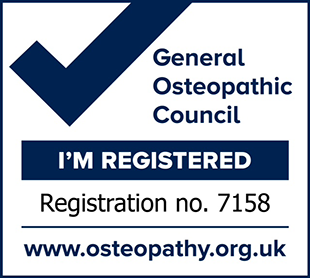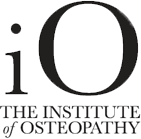Do you suffer from foot or heel pain? You may have Plantar Fasciitis!!
Heel pain occurs when the plantar fascia/ligament beneath the foot is constantly pulled and strained due to the foot collapsing into pronation or supination. This causes a condition called plantar fasciitis or heel spurs. There can be many different foot types that can be affected by this condition and it can aggravate all the areas of the foot, including the heel, inner or outer arch and even the ball of the foot.
Plantar fasciitis means inflammation of the plantar fascia. The plantar fascia is a strong band of tissue that runs from your heel bone, (calcaneus) to the base of your big toe. It supports the arch of your foot and acts as a shock absorber.
WHAT CAUSES PLANTAR FASCIITIS?
The main cause of plantar fasciitis is over pronation of the foot. The plantar fascia is an anti-pronator and becomes tight when the foot over pronates. This then leads to compensatory muscular tightness; (e.g.), the calf and/or piriformis muscle, which can then lead to “trapped nerve”, i.e., sciatica. Furthermore, being on your feet for a long time, i.e., standing, walking, running etc, will exacerbate the problem.
Other factors which may lead to plantar fasciitis include:
- Trauma to the foot;
- Being overweight;
- Wearing shoes with poor cushioning or poor arch support;
- Dropped arches following menopause, leading to overpronation;
- Stress, leading to membrane over compensatory muscular hypertonicity;
- Muscular overcompensation following sciatica, (piriformis syndrome) or a malfunctioning pelvis;
- Exercising on a hard surface;
- Sudden stretching or overuse of the sole;
- Increased running distance.
HOW COMMON IS PLANTAR FASCIITIS?
Plantar fasciitis is common. Around 1 in 10 people will develop plantar fasciitis at some time in their life. It is most common in people between the ages of 40 to 60 years. However, it can occur at any age. It is twice as common in women as it is in men. It is also common in athletes.
SYMPTOMS OF PLANTAR FASCIITIS:
The main symptoms are pain and stiffness, which may be found anywhere on the sole, or the underside of the heel of the foot. The pain may vary from dullness to sharpness with or without a burning sensation in the foot.
The pain is often worst first thing in the morning, or after a long period of rest where no weight is placed on the foot. Gentle exercise may ease things a little as the day goes by. Some people may even have plantar fasciitis in both feet at the same time.
HOW IS PLANTAR FASCIITIS DIAGNOSED?
The Osteopath can usually diagnose plantar fasciitis just by talking to you and examining your feet. Rarely, further examination is needed to rule out other possible causes of heel pain. These can include x-rays, (which show bone or anomaly) or ultrasound scans, (which show thickening and swelling of the fascia).
TREATMENT:
Treatment may positively speed up the recovery process. Treatment includes: rest; orthotics, (special insoles custom made to prevent over pronation of the foot); good footwear; exercises; correction of maintaining factors. Some patients may find relief with painkillers, or in extreme cases, a steroid injection may be used. The injection may not solve the root cause of the problem however, as it will not stop the foot over pronating. The problem will then come back, assuming it goes in the first place.
Treatment: Osteopathy treatment for plantar fasciitis, foot pain, heel pain, sciatica. Treatment by Chelsea Osteopaths – Harrow_Osteopathic Clinic – Wembley_Osteopaths – The Sports Injuries Specialist – Registered Osteopath. Regulated: Osteopath in Chelsea_Osteopath in Harrow_Osteopath in Wembley_Sports Injuries Specialist – Registered Osteopath. How plantar fasciitis – foot pain – heel pain – sciatica – is treated at Chelsea Osteopaths, Harrow Osteopathic Clinic, Wembley Osteopaths by The Sports Injuries Specialist – Registered Osteopath.
If you are in Extreme Pain, then call the Sports Injuries Specialist – Registered Osteopath – Chelsea Osteopaths, Harrow Osteopathic Clinic, Wembley Osteopaths, for proven results immediately:
Zahir Chaudhary, BA (Hons), BSc (Hons), ND, M Ost.Med.
Email: emergencyosteopath@gmail.com
Call: 0208 423 6209; 0792 100 4705
Web: https://www.sportsinjuriesspecialist.co.uk
Chelsea Osteopaths, 208 Fulham Road, Chelsea, London. SW10 9PJ.
Harrow Osteopathic Clinic, 9 Littleton Road, Harrow, Middlesex. HA1 3SY.
Wembley Osteopaths, 31 Norval Road, North Wembley, Middlesex. HA0 3TD.
Leave a reply →


